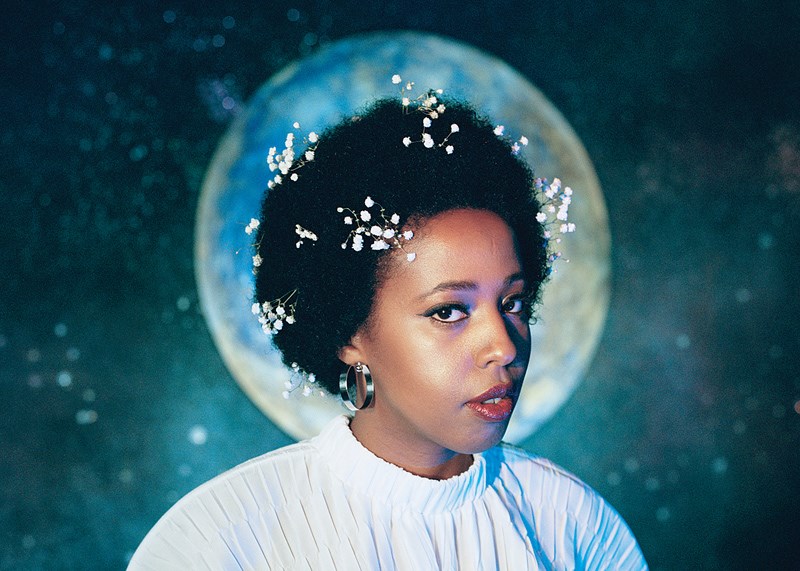Cold Specks, Vancouver Folk Music Festival, until July 16 in Jericho Beach Park (thefestival.bc.ca).
For a singer whose brand of music is often described as doom-soul, you might think trying to sound sweet wouldn’t fit the bill.
But for the Toronto-based musician Cold Specks a new source of inspiration has been changing everything.
After living away for a number of years, Cold Specks, whose real name is Ladan Hussein, moved back to Toronto last year.
She’s been spending a lot of time with her parents, especially her father who’s also a musician and singer originally from Somalia.
She has been working on new music, often with her father by her side, and has found herself particularly struck with female Somali singers from the 1970s and ’80s.
“There’s a certain quality of their voice that sometimes is described as the sweetness of broken dates,” Hussein explains. “I became incredibly obsessed with that. I stopped shouting and started trying to sing in a more controlled, lighter, softer kind of way.”
Hussein says growing up she always wanted be a rock star so she could “shout and scream.” But working with her dad to find a different side to her voice has helped open up a new musical outlook as well.
It’s the way she likes it. “I always like to grow in stages,” she says.
Hussein, under the Cold Specks moniker, released her extremely well-received debut album I Predict a Graceful Expulsion in 2012.
The record merged together folk and soul music with a tone that was at times unmistakably dark, and gothic.
“The first record was a quiet, stripped-back folk record that had a lot of darkness attached to it thematically lyrically, sonically – it all reflected quite a dark time,” she says.
Hussein really made a name for herself with her sophomore followup Neuroplasticity, released in 2014.
The record had a similar tenor to her debut, but scaled back the folk sound in favour of a more diverse and richer sonic palette.
“The second record was playfully dark,” she says.
Both albums were nominated for the prestigious Polaris Music Prize.
Last month, Cold Specks released “Wild Card” the first song from an upcoming album that’s yet to be announced. One of the most obvious moments right from the outset is the heavy presence of electronic keyboards, a facet of the musician’s new sound that she says “gets deep into an electronic world.”
Electronic or not, the world that Hussein was born into was always an intensely musical one.
“There was always keyboards and guitars in the house. My dad has one of the most beautiful voices I’ve ever heard – maybe I’m a little biased,” she says with a laugh.
Later on, Hussein moved to the U.K. to record an album and ended up staying there for several years. She then moved to Montreal chasing cheap rent and “the ability to be productive.”
Now having made the move back to Toronto, her ability to be productive has soared.
Cold Specks will be performing on the main stage at this year’s Vancouver Folk Festival. She played the folk festival here in 2013, but back then her stage was much smaller – and her star has risen considerably over the last many years.
“I feel like the shows are always much better with larger, more responsive crowds. It’s just the way it works for me,” she says.
For the Toronto-born singer who has lived abroad and has a Somali background, identity and namesake have always factored into her persona.
Laden Hussein may go be the stage name Cold Specks, but she also used to go by the name Al Spx.
Her different names harken to a darker period in the singer’s life, one that now she appears to have fully put behind her.
“I essentially wasn’t very happy with myself. I wanted to be erased,” she says about her multiple names and identities. “I was a bit of a nameless wolf for a while. I’m older and much more in touch with myself and my identity. I’ve learned not to hide.”



